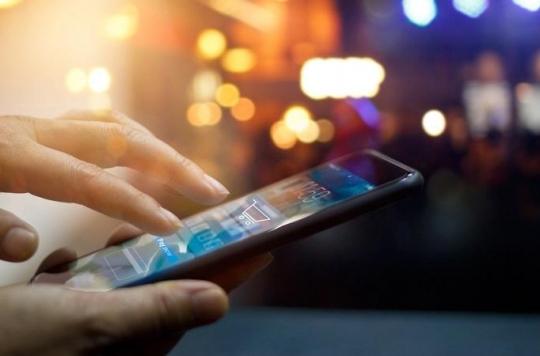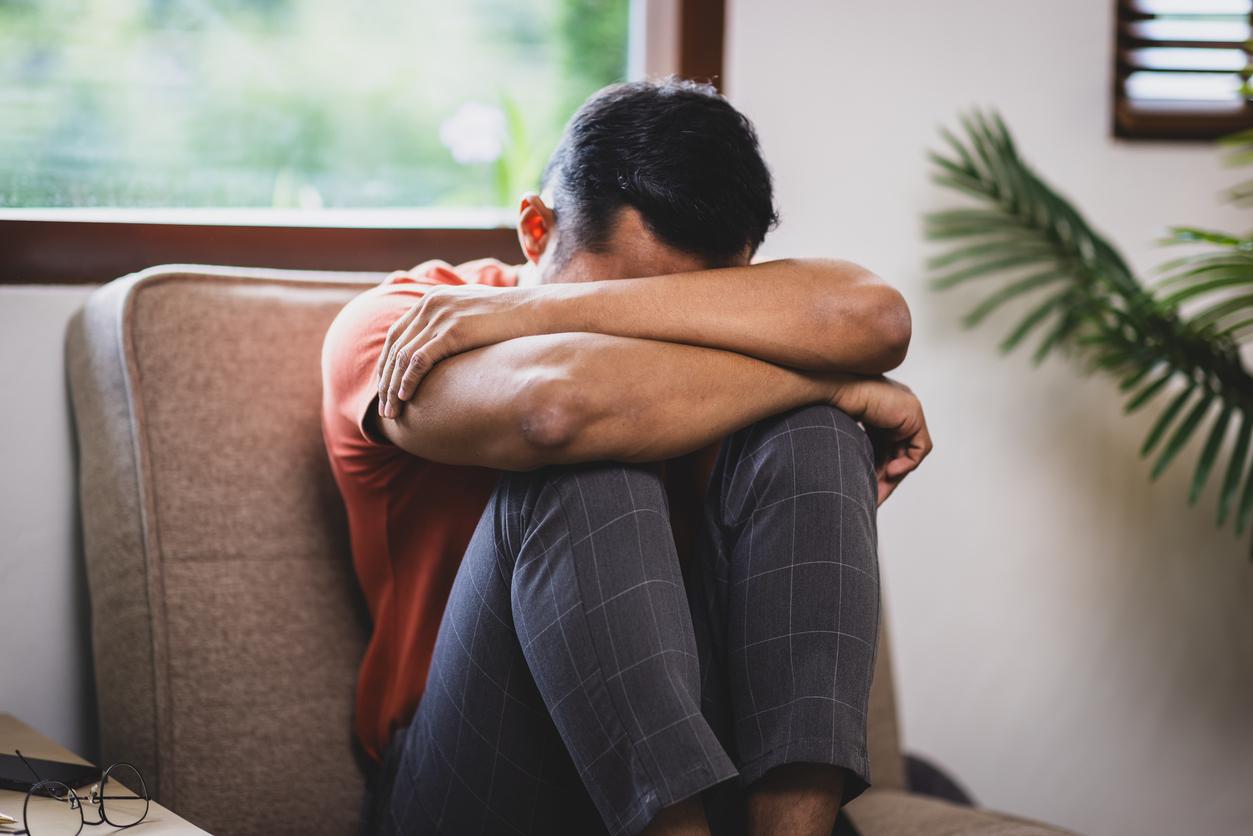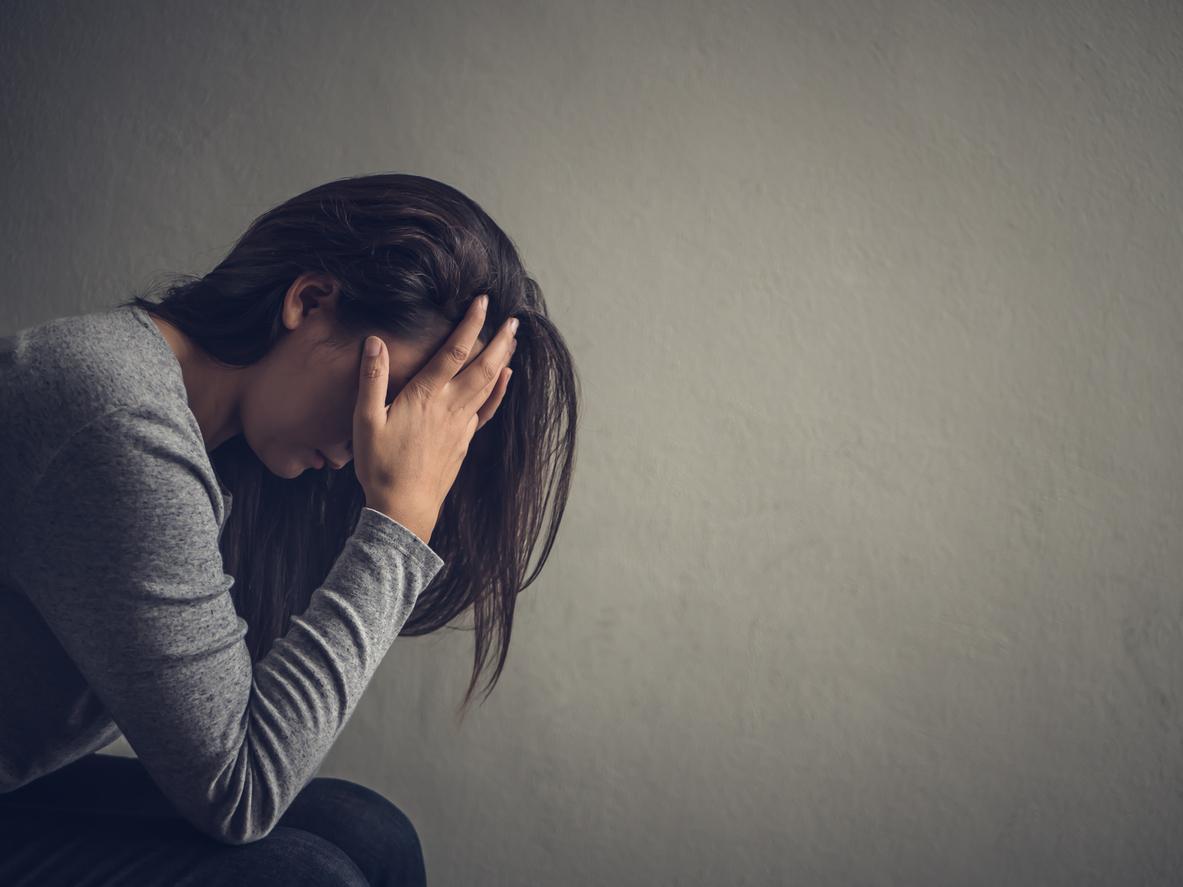The smartphone, the tool of good and evil, which no one can escape: more than 75% of French people have one and often use it for several hours a day, giving rise to a new world of relationships… without physical contact. With a new agora: the world of social networks. Although seemingly innocent, their passive use would not be without consequences because there is a complex relationship between social media and depression, loneliness and fatigue being the first symptoms.

It is first of all a terrible observation for doctors and in particular psychiatrists: a real disarray in the face of the speed of change in modes of communication which is unlike anything they have known and above all learned. Swept the book, the radio or the television: instant relationships are free, free and worldwide. With one particularity: the reference to the five senses is over. The foundations of the relationship between strangers but also friends and couples are turned upside down.
Contacts are only made with sight and sound… No more smell, touch and taste… For now! Because we can trust technology and connected objects to establish even more the supremacy of the Internet.
The reason: social media. A sort of anti-bistro! Good against alcohol consumption… Bad for relationships?
They offer us a great way to stay in touch with our loved ones, sharing information in real time. But they can also drag us into an exhausting emotional spiral and above all devour all free time, if we abuse them.
The first studies are beginning to be published on their consequences on mental health, in particular that of teenagers.
There is indeed a complex relationship between social media and depression, at least its first symptoms: isolation and fatigue. One of these studies, conducted among nearly 11,000 14-year-olds, shows the appearance of depressive symptoms increasing with time spent on social networks. Compared to those who spend between 1 and 3 hours a day there, more than 5 hours a day cause the appearance of depressive symptoms: 35% in boys, 50% in girls. Passive use of social media coincides with loss of interest, trouble concentrating, fatigue, and feelings of loneliness.
However, it is difficult to say whether the passive use of social networks is the cause of these symptoms or vice versa: we simply observe the appearance of a vicious circle.
Remember that according to the World Health Organization, depression affects more than 300 million people worldwide, a number that is rising sharply.
Social media badly affects our body vision
It is crucial to inform and educate young women about social networks, to help them maintain a good perception of their bodies. It is common for them to be interested in the images of others on social networks, but this would cause low self-esteem. While it has already been proven that social networks can have a very negative influence on the way young women perceive their bodies, new research shows that social networks lead some young adolescents, of all sexes, to develop problems body image and consequently eating disorders (anorexia, bulimia). The University of York, in Canada, published a study which shows that for a young woman, looking at and commenting on the images of other women she considers attractive decreases her satisfaction with her own body. But by devoting the viewing to photos of family members who are not necessarily more attractive, we do not obtain the same results. There would therefore be different impacts of social networks depending on the profiles that we look at.
love without contact
Technology has dramatically changed some sexual practices.
Sexts have replaced letters… The telephone has added the voice and Skype the image. More recently, sex toys offer to manually complete the service.
It is difficult to know what the consequences will be, not necessarily negative in view of the increasingly present sexual distress, in particular for couples separated by life events.
Finally, users of all these techniques and networks must be aware of the risks of the dissemination of intimate images on the net: the “smartphone venereal disease”.
Dr. Jean-Francois Lemoine
Find Jean-François Lemoine on Canal+ in ‘The True Info, the Mag”: Relationships without contact
Subscribe to the chronicles of Dr Jean-François Lemoine
@DrLemoine














